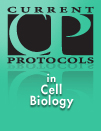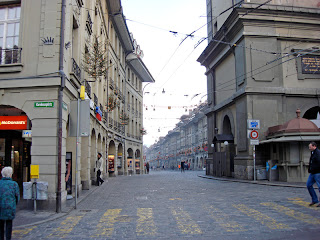CoLocalization Research Software released CoLocalizer Pro 2.5, a major update to its popular scientific imaging application. CoLocalizer Pro is now used by leading research organizations worldwide. Its customers work in various scientific and commercial institutions. Among them are Genentech, Nestle Corporation, as well as distinguished research laboratories at Harvard University, UC Berkeley, MIT, Columbia University, UC San Diego, UCLA School of Medicine, La Jolla Institute of Molecular Medicine, Mount Sinai School of Medicine, McGill University, University of Tokyo, and many others.
This update adds more viewing capabilities, improves check for update functionality, and introduces a very elegant personalized licensing feature. It is free to all users of CoLocalizer Pro 2.0. Users of earlier versions can upgrade for a fee.
The update can be downloaded here. For more details visit the site of CoLocalization Research Software.






